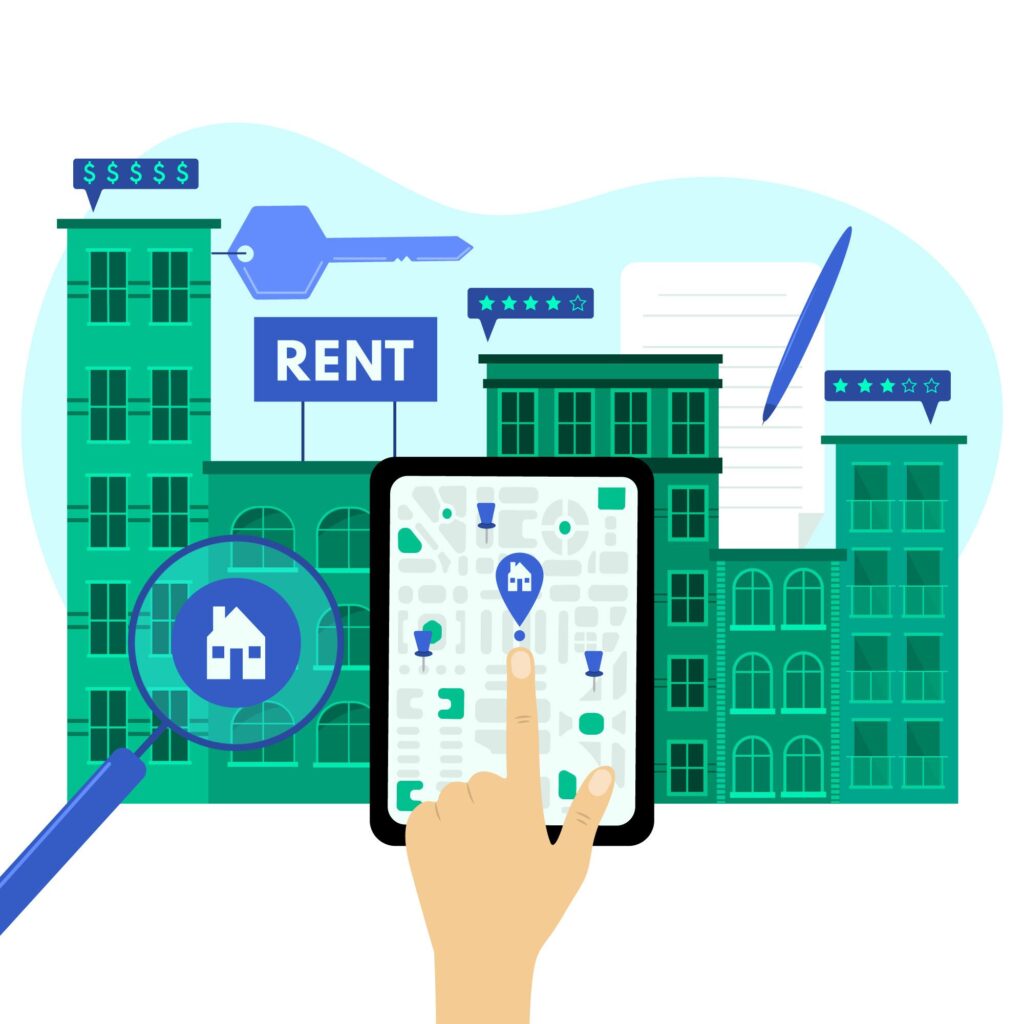1. Understand the Vacation Rental Market
Before you begin developing your Airbnb clone, take time to research the industry. Identify which markets are growing, what travelers are looking for, and how existing competitors operate.
Key questions to explore include:
- Who are your target users?
- Which type of properties will you allow on your platform?
- What problems can you solve that other platforms have overlooked?
- Whether you focus on short-term rentals, luxury villas, local homestays, or unique experiences, a clear market strategy will help your platform stand out.
2. Define Your Business Model
A strong business model ensures your platform generates revenue from day one. Common monetization strategies for vacation rental platforms include:
- Commission per booking
- Service fee charged to guests or hosts
- Subscription plans for property owners
- Promotional listings for hosts
- Extra charges for premium features
Decide which model works best for your niche. You can even combine multiple models to maximize your earning potential.
3. Outline Core Features of Your Airbnb Clone
Your platform should include essential features for guests, hosts, and admins. These features ensure a smooth, trustworthy, and secure booking experience. Some must-have functionalities include:
- User registration and profiles
- Advanced property search and filters
- Secure online payments
- Instant booking and scheduling
- Reviews and ratings system
- Host dashboard for property management
- Geolocation and map integration
- Messaging between guests and hosts
You can also add unique features to differentiate your platform from competitors, such as loyalty programs, smart pricing tools, or local activity bookings.
4. Choose the Right Technology Approach
You have two main options when building an Airbnb clone platform:
Custom Development:
Fully personalized but can take months and requires a large budget.
Ready-Made Airbnb Clone Script:
Faster development with lower cost and built-in features that can be customized to match your brand.
Many startups prefer a ready-made solution because it reduces risks, speeds up launch time, and allows them to focus more on growth rather than lengthy development.
5. Branding and UI/UX Design
User experience plays a crucial role in rental platforms. If guests find the app confusing or slow, they will leave immediately.
Focus on:
- A clean, well-structured interface
- Easy navigation for browsing and bookin
- Fast-loading pages and smooth performance
- A strong brand identity with appealing visuals
The design should create trust and encourage guests to complete bookings without hesitation.
6. Build a Secure and Functional Platform
Work with a development team to integrate all the planned features. Ensure your platform follows best practices for data security and legal compliance, especially regarding payments and personal information.
Essential integrations include:
- Payment gateways for multiple currencies
- Secure login and user verification
- Cloud hosting for performance and scalability
- Booking calendar and automated notifications
Thorough testing is necessary before the official launch to fix bugs and optimize functionality.
7. Create a Strategy for Host Acquisition
Hosts are the backbone of your Airbnb clone. Without enough listings, travelers will not show interest.
Develop a strong onboarding strategy by:
- Reaching out to property owners and managers
- Offering incentives for early adopters
- Providing easy tools for listing and pricing
- Ensuring supportive customer service
Building trust is key. Communicate clear policies and offer guidance throughout the listing process.
8. Plan Your Marketing and Launch
A well-planned marketing campaign ensures that people know about your platform. Focus on digital strategies that attract both hosts and travelers, such as:
- Social media advertising
- Search engine optimization
- Local partnerships with tourism operators
- Referral programs
- Influencer collaborations
Monitor feedback after launch and improve the platform continuously. Early users often provide valuable insights for long-term success.
9. Ensure Perfect Operations and Support
A readymade airbnb clone solution requires ongoing management. You will need a reliable support team to handle user concerns, approve property listings, and manage disputes when they arise. Regular updates, new features, and strong communication help build trust with both hosts and guests.
10. Scale Your Business for Growth
Once your platform gains traction, explore new opportunities for expansion.
Consider:
- Targeting new cities or countries
- Adding new booking categories like workspaces or event venues
- Integrating advanced technologies such as AI recommendations or smart locks
- Launching mobile apps for iOS and Android users
A scalable approach allows your business to grow steadily while staying competitive in the global rental market.
Final Thoughts
Starting an Airbnb clone app solution business in 2026 is a promising opportunity for entrepreneurs looking to enter the booming vacation rental market. With the right strategy, technology, and focus on user experience, you can build a platform that attracts both hosts and travelers. Whether you target a niche audience or compete directly with major brands, a well-planned Airbnb clone can turn into a profitable long-term business.
If you need help refining your idea, selecting features, or choosing a development approach, feel free to ask. I can also help craft marketing messaging, UI guidelines, and a complete launch roadmap.



